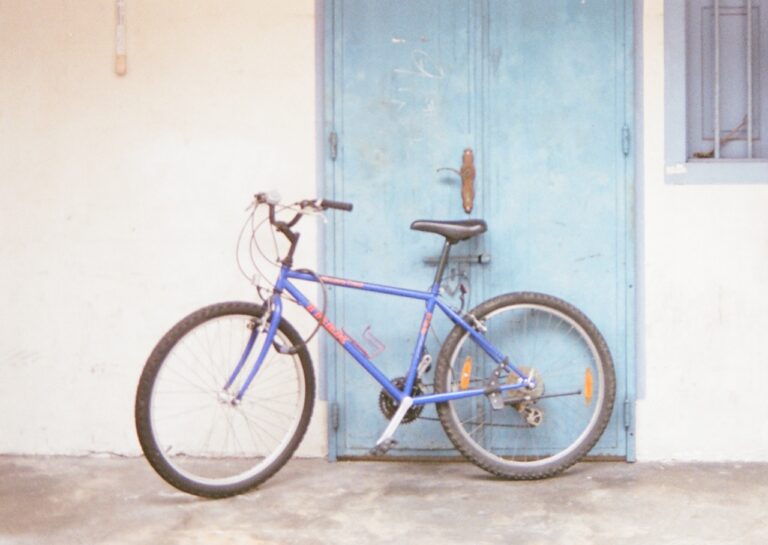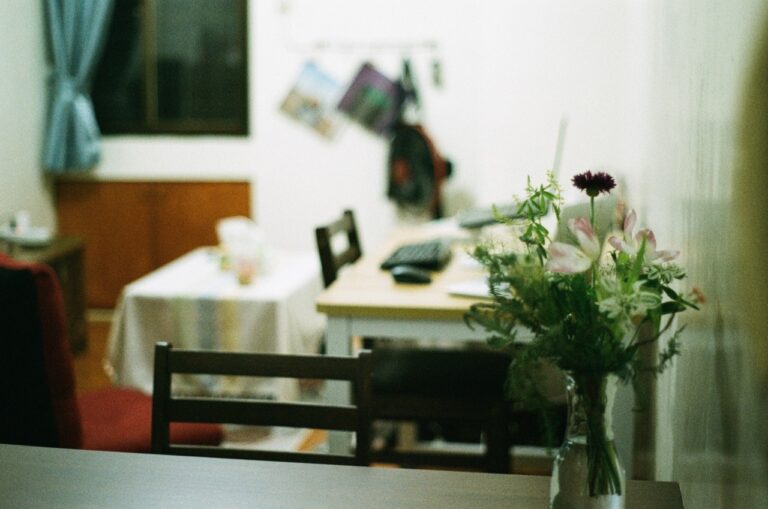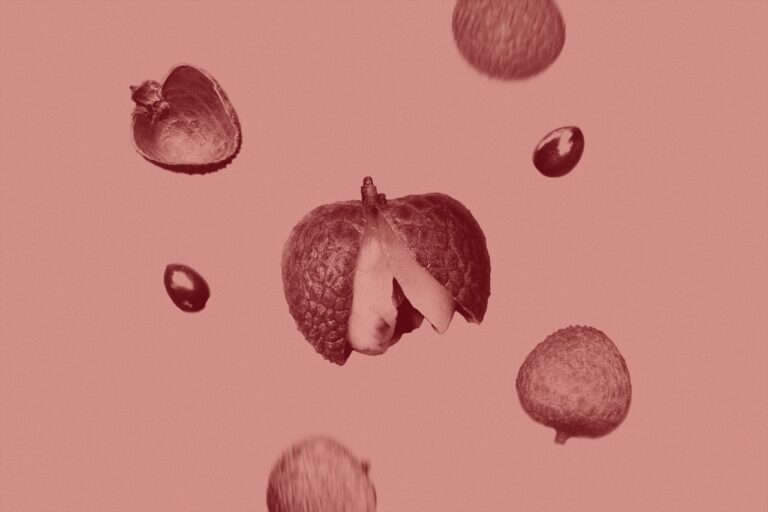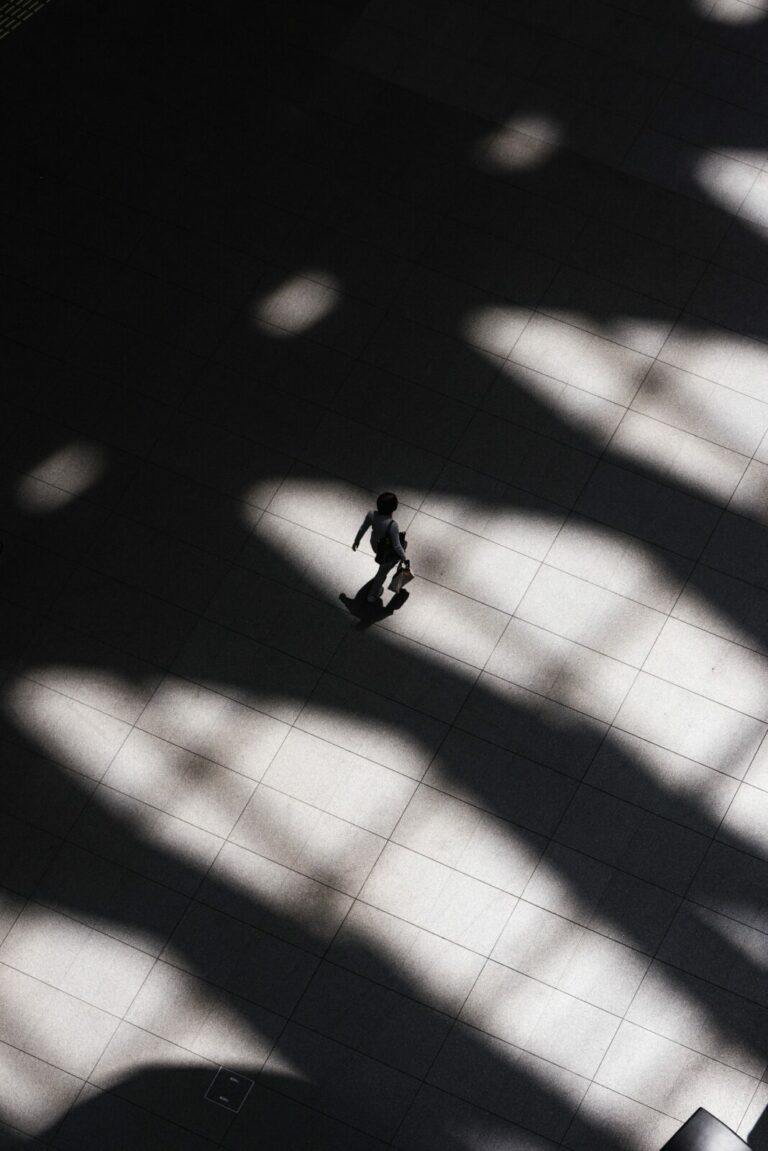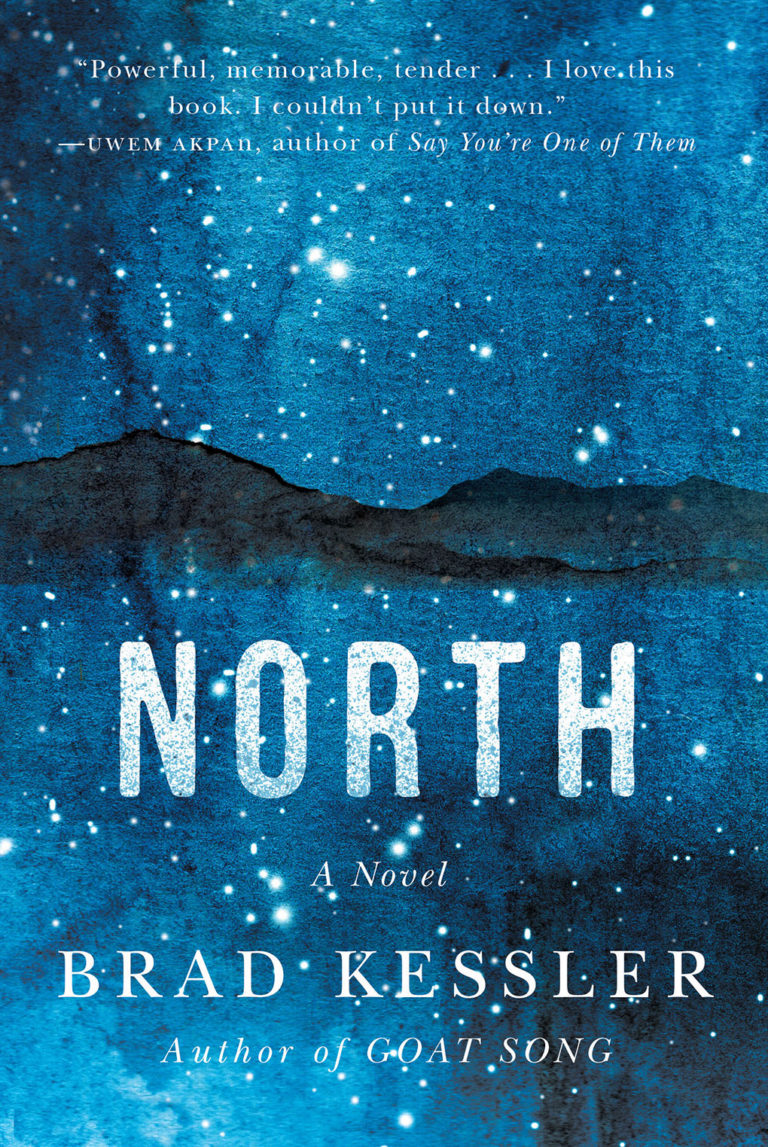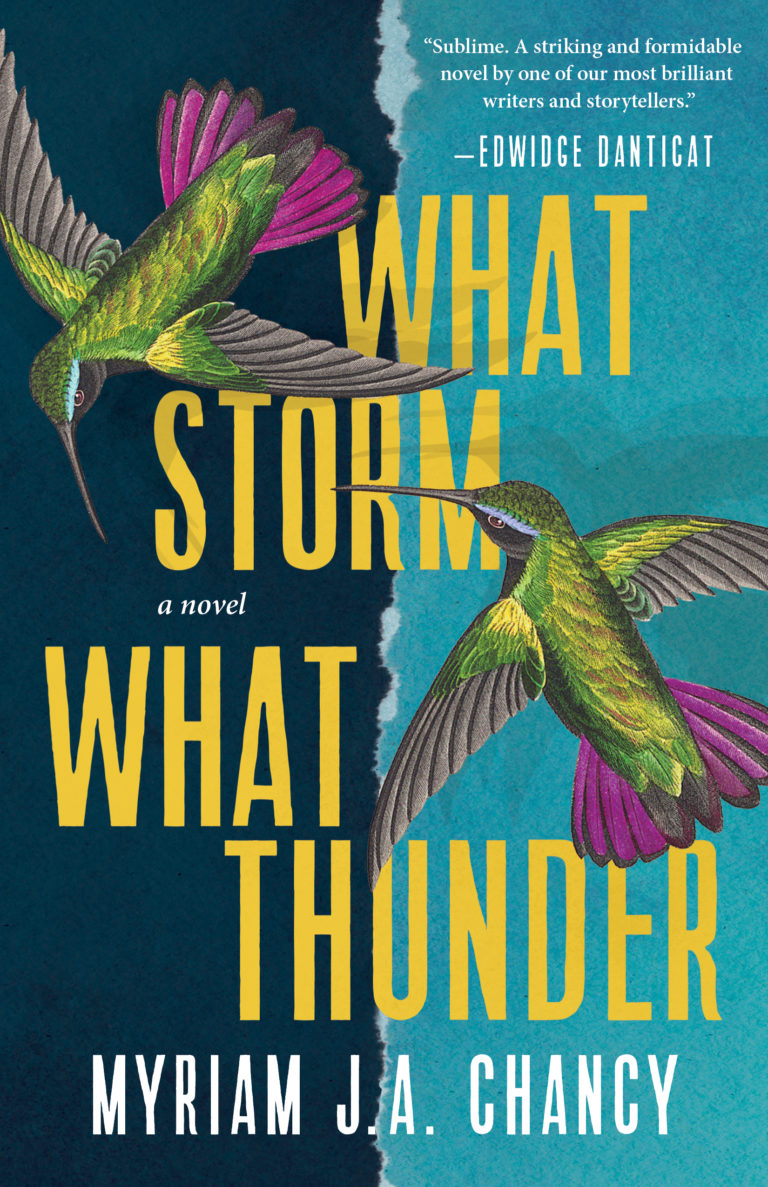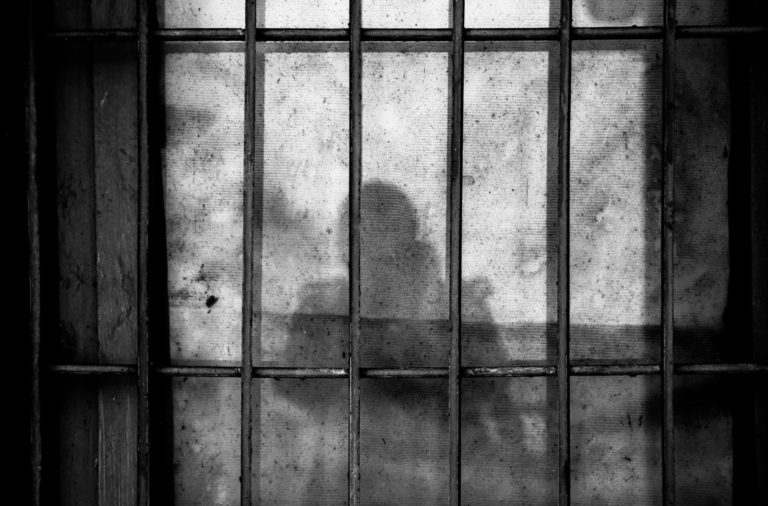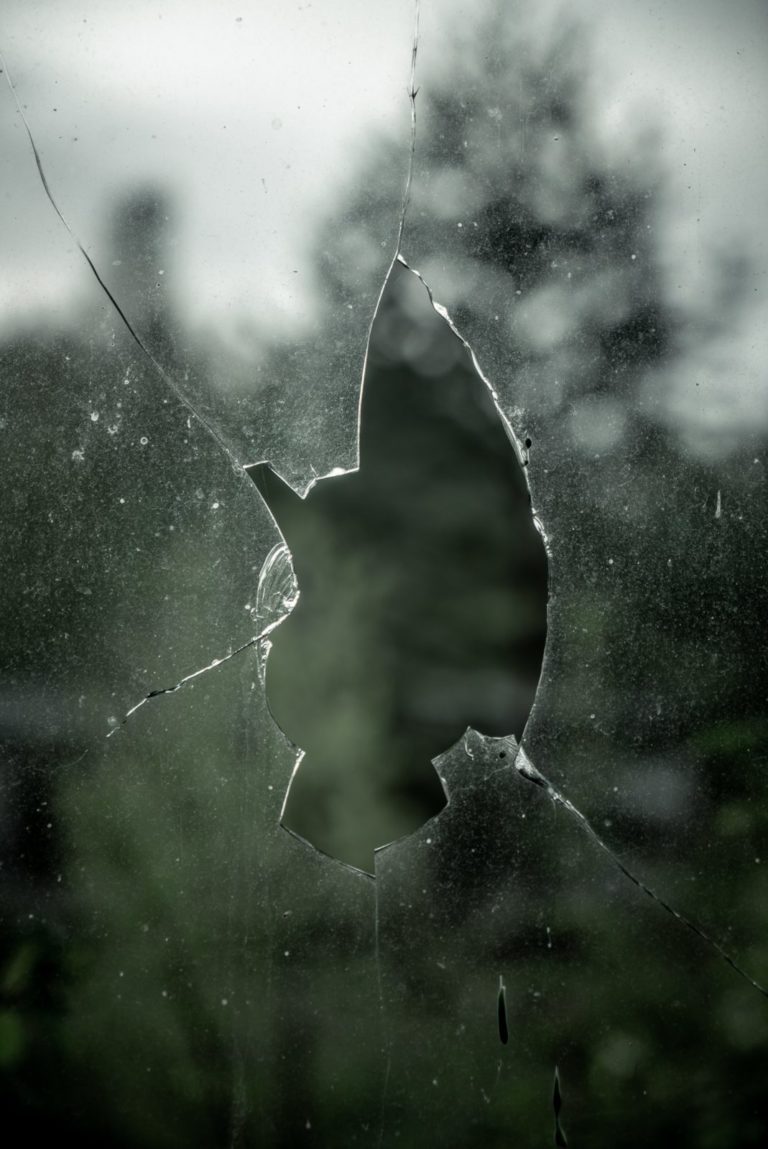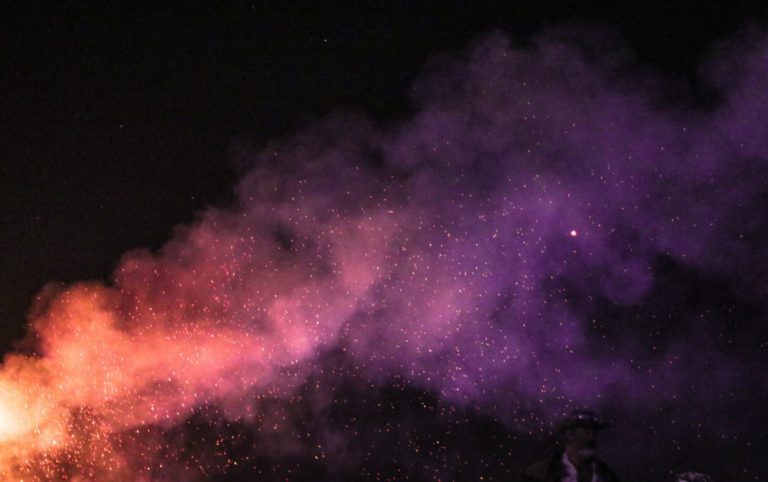The second place winner of our Summer 2022 National Teen Storyteller Contest, presented with the student-led and founded Decameron Project! We invited young writers to share a story responding to the theme of Community Solidarity.
This contest is part of our 2022 NEA Big Read initiative, made possible through a grant from the National Endowment for the Arts, in celebration of Toni Morrison's landmark novel, Beloved.
Lydia had noticed that her bruises were shaped in the form of butterflies. When her husband beat her, they flew onto her skin and flushed black and indigo, like cut-outs of the night sky. They crisply tattooed her back and hips and neck. And they seemed like a sort of omen. So, she sharpened her pain to a delirious faith that one day, she would be so covered in butterflies that she could transform into a dark burst of shadowed insects and fly out of their sixth-floor window and filter into a bewildered dusk.
It wasn’t such a fantastical image. In elementary school she recollected the act of tracing butterfly migration patterns in a textbook. In flocks they’d head south, chasing an impulse in order to preserve their survival. And for generations among her people there were stories of souls transforming into other forms of life out of necessity. Once the need arose, nature would collect Lydia back in its arms, like a child returning to its mother.
Her mother had expired beautifully. She could just make out the silhouette of those details: a hushed sinking into red dirt, wrinkled skin dispersing into sand, white hair becoming diamond dust scattered to night breeze, and from then on her mother chose to be a desert willow. In the front yard of their small house on the edge of the reservation, her mother grew into a beautifully twisted tree with tender pink blossoms hanging like stars from her leaves. But since then Lydia had sold the land her mother’s lush tomb claimed and left to go to the city where she met a foreigner, a man who had never tasted Arizona rainfall.
Every day Lydia stared out of the sixth-floor window and tried to search for her people—cousins, aunts, siblings—whom she was sure existed all around her. They pulsed like a phantom heartbeat through the walls of her apartment. She vaguely remembered leaving a family when she was young, an aunt braiding her hair, a sister adorning it with turquoise hairpieces, a brother bickering, an uncle dropping by. They were a mark on her soul, an ancient home that surely ached from her absence. Her marriage, she promised herself, wasn’t the only society she belonged to.
But Lydia reasoned that when they had a baby, there would be no need to gaze out of her window and look for strangers that might, by some small chance, look up and meet her eyes like a regular Juliet, and marvel how she had been hiding in plain sight all along. If she had a baby, it would fill up every corner of her life and be the only family she could fathom.
And with her baby there would be the deja vu of childhood, which she could recapture and bottle for herself. Cheerios and spilled milk. Playground slides. The weight of a textbook in her hand. Children all around her, carbon copies, the same book in their lap and the same ignorance of wasted time. All they could see was the vast expanse of future inches away from their sleepy eyes.
While her husband watched TV at night Lydia took a long bath and tenderly scrubbed her bruises. She’d study them and wonder what might come first: her migration or her baby? If she did have a baby, could she leave it in its cradle quietly, string an urgent apology in the air as she finally drained away to a slimmer existence, and still be considered pure? Could she retrace her steps to that latest demonstration of innocence, could she reduce her cancer of a departure?
The lukewarm bath water sloshed, and she heard her husband shuffle lazily into the bedroom. She closed her eyes. Tonight, it could be a baby or a butterfly.
But when her baby finally came Lydia realized her mistake, because as the bruises faded from her body during the afterbirth, and the nurses frowned at the wet bundle of a newborn, and her husband demanded to know what was wrong, and as she reached impulsively for the child, fingertips grazing the cloth of the blanket—the baby dispersed into an eclipse of small black butterflies and surrendered to the kinder night out the hospital window.


